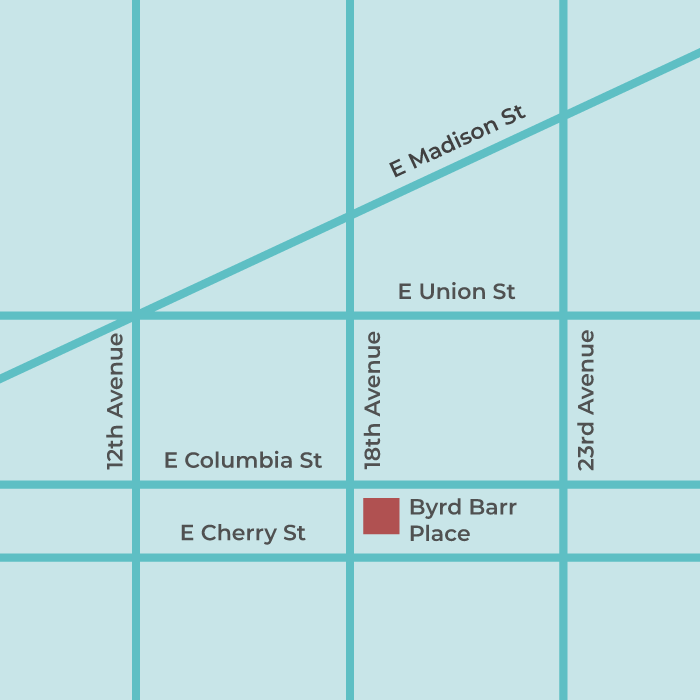Barbara has struggled to live a “normal life” for the last 54 years, despite suffering from mental illness. An active member in her community, Barbara serves as a local representative for the National Alliance of the Mentally Ill, advocating for herself and for others who live with mental illness. Classifying herself as “a college drop-out,” Barbara struggled to get her bachelor’s degree twice with the support of her family, first from Pacific Lutheran University, and then several years later she attempted to graduate from the University of Washington, but both times came up a few credits shy of a degree.
Because of her disease, Barbara was never able to hold down a permanent job and is unable to provide for herself financially. She survives on Supplemental Security Income and lives in a subsidized apartment that costs her 25% of her monthly income. While her bi-monthly utility bills aren’t particularly high, ranging from $33 to $61, this amounts to nearly 10% of her monthly income, and for someone with such limited means, Barbara finds it a struggle to get by.
Barbara enjoys keeping active, but paying off her Seattle City Light bill meant that she had to stop attending her weekly Zumba class at the local community center, one of the few luxuries she allows herself, which helps both her physical and mental health. It also limited her visits to her mother to once a month, as her mother lives in a retirement community near the Woodland Park Zoo and transportation is expensive.
When Barbara found out that she was a recipient of a Bridge the Gap donation, she paused for a moment before bursting out: “Oh my god! Oh, I wish I could reach through the phone and hug you. Please thank this anonymous donor very profusely.” For Barbara, Byrd Barr Place’s contact had unnerved her. “I thought you were going to take away my grant when I saw you had called,” she reflected, expressing such gratitude and relief at being able to start over with a clean slate.

